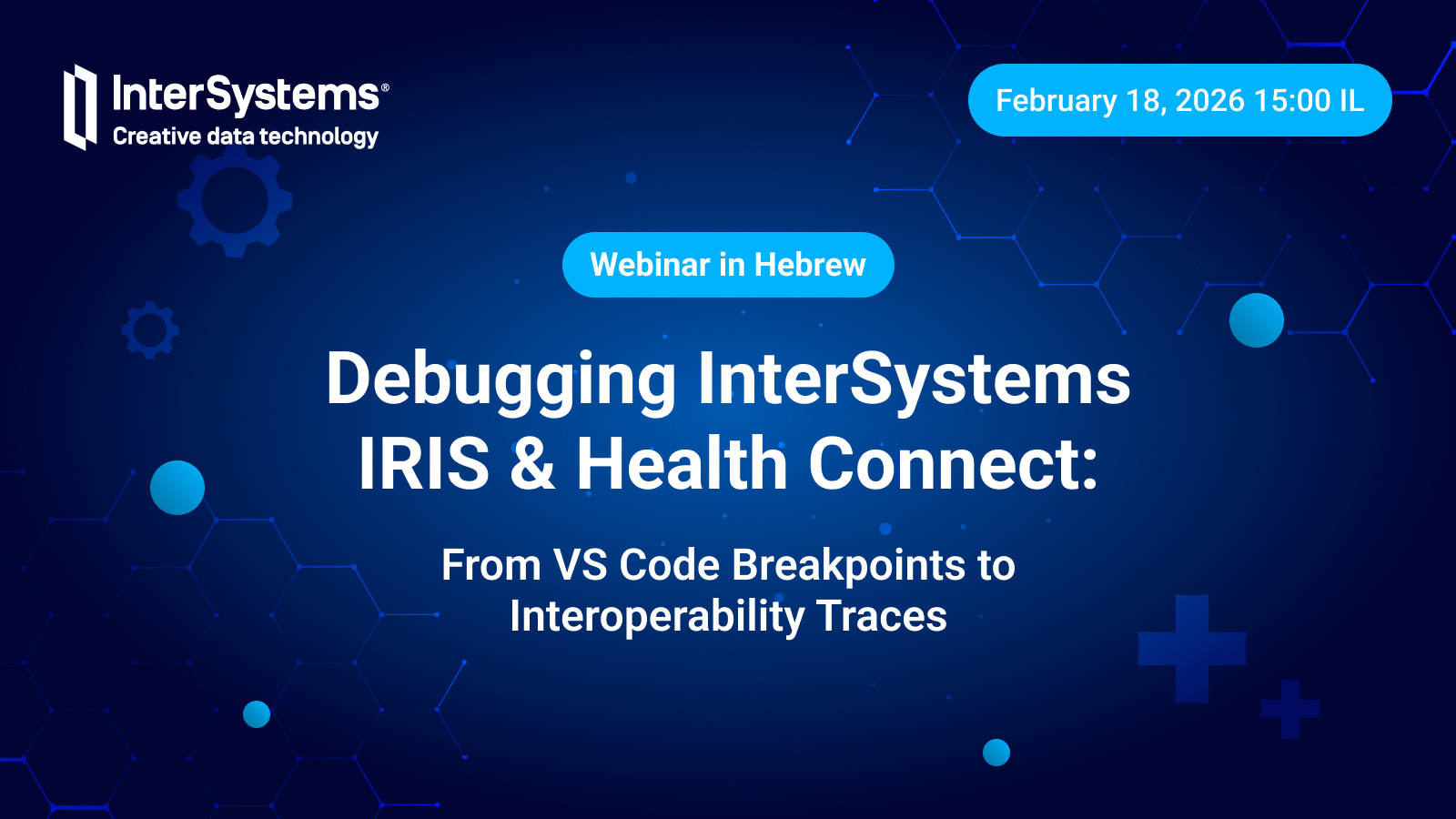Introduction
The standard %Net.HttpRequest library in InterSystems IRIS is powerful and comprehensive, but it can be verbose for simple operations. Writing an HTTP request often requires several lines of code to instantiate the class, configure the server, the port, HTTPS, add headers, and finally send the request.
When testing in the terminal, this configuration quickly becomes too
heavy, and usually ends up with the creation of temporary methods...
FastHTTP was designed to address this need. This utility class provides a fluent and concise interface to perform HTTP calls in a single line, while automatically handling the underlying complexity (SSL/TLS, URL parsing, JSON encoding, headers, etc.).


.png)
.png)
